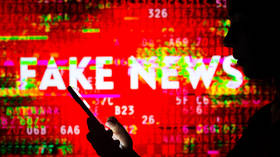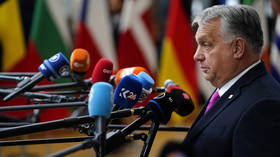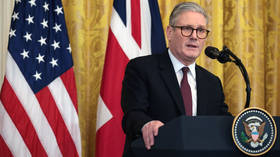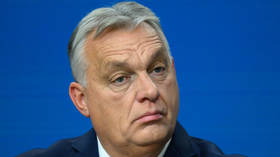Google to ‘inoculate’ Eastern Europeans against disinformation
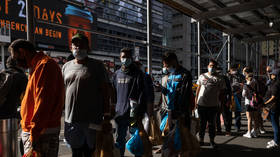
A new campaign by Google’s behavioral tech incubator Jigsaw aims to “pre-bunk” harmful claims about Ukrainian refugees, targeting audiences in Poland, Slovakia, and the Czech Republic with video clips designed to educate them about the types of psychological manipulation the spreaders of disinformation might deploy against them.
Taking its cue from ‘inoculation theory’ and the logic behind vaccination – in which someone is exposed to a virus, or in this case exposing them to knowledge about misinformation – the goal of the campaign is apparently to boost people’s defenses against false information.
“If you tell people what’s true and false, a lot of people will dispute the claims…but what you can predict are the techniques that will be used in spreading misinformation, like with the Ukrainian crisis,” Jon Roozenbeek, the lead author on a study of the research behind Jigsaw’s campaign, told Reuters in an interview.
The end goal is making audiences “resilient” to anti-refugee narratives. Poland was chosen as ground zero for testing because of its high number of Ukrainian migrants – some 1.5 million have crossed into the country since February, and the city of Warsaw saw its population climb by 15% due to the influx of refugees – while the other two countries were selected to give a general idea of how the rest of Europe might respond, according to Jigsaw head of research Beth Goldberg.
The 90-second clips were devised with the help of psychologists from the universities of Cambridge and Bristol and run for a month in ad slots on Facebook, Twitter, TikTok, and YouTube. They form part of a larger campaign encompassing NGOs, fact-checkers, academics, and “disinformation experts.”
Recasting the fight against disinformation as a public health crisis has become popular since the outbreak of the novel coronavirus in 2020, with UN agencies from UNESCO to the World Health Organization itself warning audiences to think before sharing questionable material lest they unwittingly become “superspreaders” of an “infodemic.”
